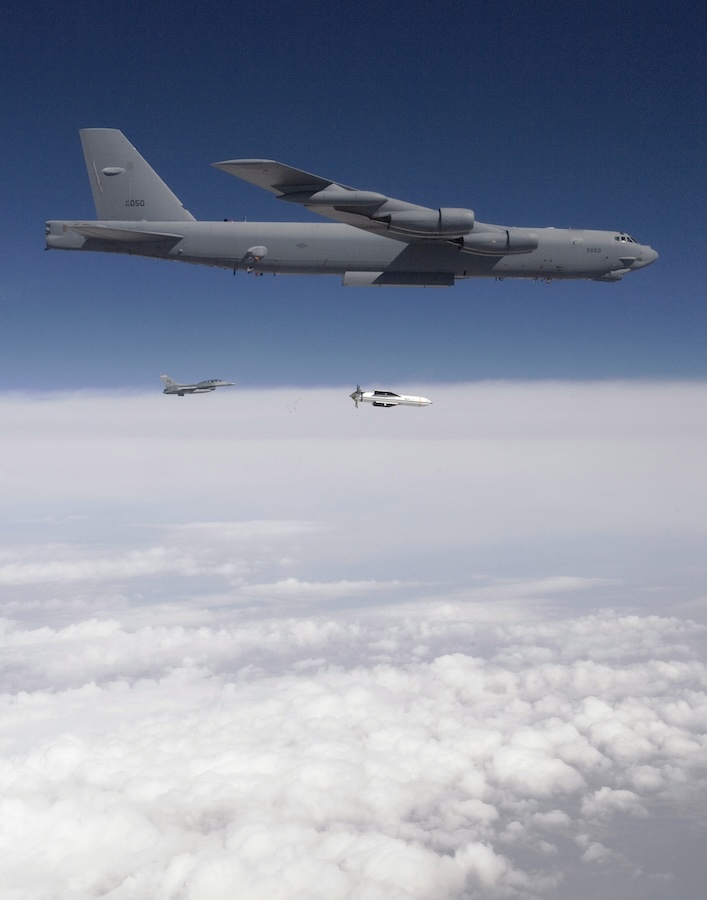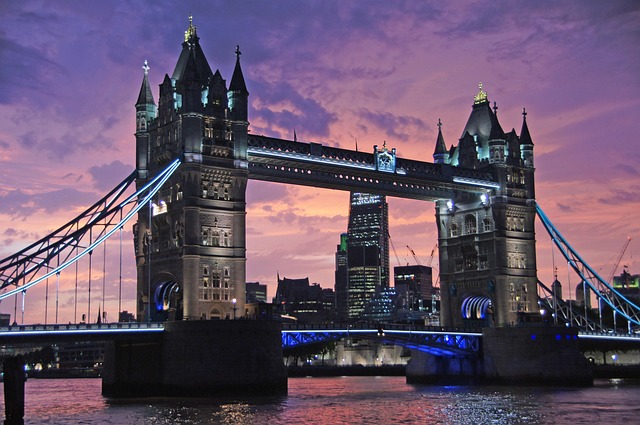
Western sanctions against Russia have worked badly, really poorly if we are honest, it may even be that they have made the country richer. How can it have gone so wrong? Isn’t the idea of sanctions to prevent countries from trading, to make them poorer, and thereby force them to obey?
For sanctions to be successful, the countries imposing them should have the lion’s share of the economic pie, and thereby influence the targeted country through their economic power. If you don’t have economic dominance, then the victim of sanctions can turn to other markets, to other buyers and sellers. And that is exactly what has happened in the case of Russia. They have turned to China, India and all the other countries in the BRICS community. And thereby continued their economic growth.
But wait a minute. Do the BRICS have such a large share of the world economy that they can outcompete the West?
Yes, China alone now has a stronger economy than the US, and together BRICS probably dominate the global economy.
But then you can’t really use sanctions against Russia, it would be impossible?
Shouldn’t we have known this in advance? Western economists are not stupid, they can easily calculate who has the economic power in the world, and how any sanctions will affect them.
They probably knew about the problem, perhaps they thought that India, Saudi Arabia, etc. would not turn to Russia, but that is more wishful thinking than reality. China offers a lot of products, both high-tech but also simpler things at low prices, and Russia provides oil, natural resources and advanced weapons systems at lower prices than the US, for example. Washington is not even needed in this equation, there are few things that only the US can provide.
The journey towards a more diversified economic world has certainly been rapid, but not so rapid that it has gone unnoticed. China has emerged as a strong industrial nation, starting back in the 1990s. For Russia, it’s more of a slump, as the Soviet Union was a world power that sent the first satellite into space and the first man into orbit. In a few difficult years after the fall of the empire, Russia has bounced back. Gone are the rusty weapons systems and drunken soldiers, if they ever existed beyond the vocabulary of propaganda makers.
Of course, a lot depends on how the media portrays life; if we are confronted day after day with a negative economic picture of Eastern Europe, then most people will think that everything east of Germany is poor and backward.
But we are only fooling ourselves. Why should we go around imagining that the Russians are weaker than they really are? To reassure the people of the West? So that we do not question our own economic decline and reduced purchasing power? After all, there are poorer countries to the east, and we are better than them.
But we don’t win wars or economic challenges with fairy tales. Truth is a grim friend, but it is essential if we are to live in reality and operate in the physical world







